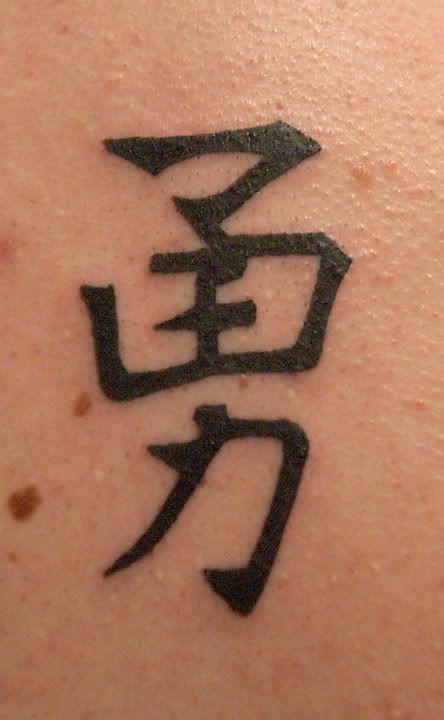|
|
|---|
|
|
|---|
Black Tattoo Art
This amazing book is a photographic journey across the globe – from Borneo to Belgium, Argentina to Athens, New York to New Zealand and beyond – in search of avant-garde tattoo art that pays homage to the ancient roots of tattooing in their contemporary interpretations. No other publication has curated the work of so many esteemed international tattooists working in black ink and gathered them into one compre-hensive volume. The journey begins with a look at the history of tattooing before featuring black tattoo portfolios divided into the following chapters: Neotribal, Dotwork, Art Brut, Traditional Revival and Thai/Buddhist.
The Neotribal chapter showcases the work of those specializing in contemporary interpretations of traditional tattooing and the melding of various cultural motifs. This tattoo work is particularly sought after for its harmony with the contours of the body. The photos in this chapter are preceded by an interview with the artist considered the godfather of Neotribal tattooing, Leo Zulueta. Following Leo is a Q&A with one of today’s top artists in this style, Daniel DiMattia of Calypso Tattoo in Belgium.
Dotwork tattooing, also called stippling, has gained enormous popularity in recent years as a way to shade, add depth and texture tattoo art. The literal buzz over London’s Xed Le Head’s rotary machine creations was heard around the world, energizing others to try their hand at Dotwork. Colin Dale, renowned for this style as well, discusses how he creates his body art using hand tools rather than a machine. Photos of Dotwork tattoos, from geometric patterns to ancient Nordic art, are displayed in this chapter.
The hardest chapter to label is that of Art Brut because the style simply does not have a title – in fact, it rebels against any categorization. If tattooing is considered outsider art, this is the outsider art of the outsiders. We call it Art Brut, or raw art, a term coined by Jean Dubuffet for art beyond aesthetic norms. The spontaneity and fever that the work embodies is often mistaken for simple, crude line work but nothing could be farther from the truth. In this chapter, the man who has sparked the Art Brut tattoo style, Yann Black of France, discusses the passion and painstaking methods behind his portfolio.
Traditional Revival looks at those who honor indigenous tattoo cultures by carrying on their art, customs, technique and spirit. While this book is centered around modern Blackwork, it is necessary to look back at where today’s tattooing derived. The chapter begins with the Tatak Ng Apat Na Alon Tribe, which means the Mark of the Four Waves. Then, there’s the story of Volker Kloth, a German man, who was inducted into the ways of Ta Moko, the ancient art of the Maori in New Zealand. Seymour Kaniho from Hawaii talks about creating art that speak to the wearer’s life story while remaining true to Polynesian tradition. Photos of their works follow the interviews, in addition to images of traditional handwork from Borneo by Jeremy of Monkey Tattoo, and the soulful art from Tahiti by Roonui Anania of Tahiti Tattoos.
Finally, the Thai and Buddhist art-inspired chapter begins with the incredible story of Peter Schachner, who was imprisoned in Thailand in the early nineties and learned the craft of hand-poked tattooing from fellow inmates over the four years spent at Lard Yao prison – a name he uses when he tattoos on the road to honor his teachers. Images of his work are exhibited along with those of other tattooists including Mike The Athens of Greece and Jondix of Spain, who strive to keep tattooing a spiritual practice.
Black Tattoo Art: Modern Expression of the Tribal is written and edited by Marisa Kakoulas, a heavily tattooed New York lawyer and journalist who contributes to tattoo publications as well as mainstream media. Her daily musings on tattoo culture can be found at NeedlesandSins.com
black tattoo art
Subscribe to:
Post Comments (Atom)






No comments:
Post a Comment